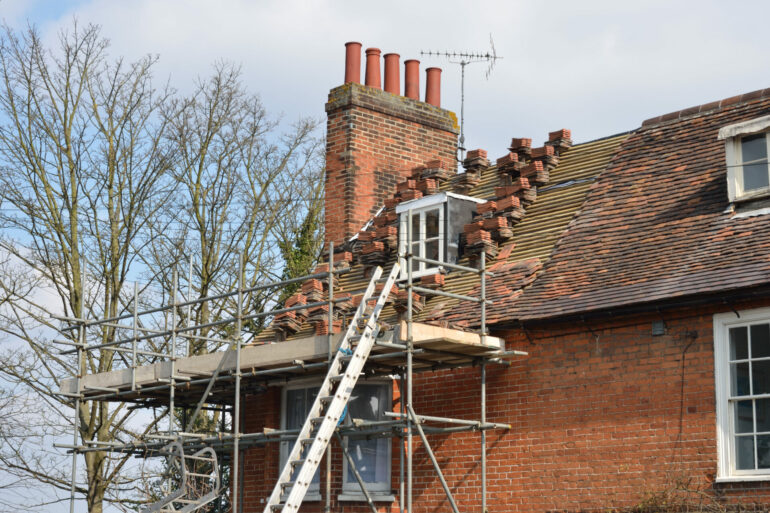Housing Ombudsman’s Annual Complaints Review 2024-25 showed that complaints continued to rise, but there were some signs that landlords were handling them better.
The overall maladministration rate dropped by 2%, with a 7% fall in complaint handling failures and a 9% drop in failures related to anti-social behaviour.
There were over 800 more cases where landlords put things right themselves, instead of being ordered to do so.
The review showed that performance was mixed, as there were 120 landlords where 75% or more complaints were upheld, and 131 landlords had at least one severe maladministration finding, with some getting several.
16 landlords improved their performance and two, North Devon Homes and Pickering and Feren Homes, had several complaints investigated without any failings found.
The maladministration rate remained high at 71%.
Poor property condition was still the biggest issue, with a 43% increase in findings, well above the overall rise in investigations, and no improvement in the maladministration rate.
Local authority landlords and medium-sized housing associations faced the most pressure.
Some residents were severely affected, with one household living for two years with bin bags covering a hole in the living room ceiling and a risk of asbestos.
Another resident had no working heating or hot water for three years.
In total, there were 26,901 interventions made to put things right.
Leaks, damp and mould made up 40% of compensation.
The Centre for Learning offered free eLearning, workshops, case studies and more to help landlords improve.
Richard Blakeway, Housing Ombudsman, said: “Governing bodies will determine whether complaints are seen as a threat or an opportunity.
“Our annual review provides them with a strategic moment to reflect on their organisation’s progress.
“Re-examination can be an unforgiving lens. But there are reoccurring lessons across thousands of complaints, which if addressed could prevent future service failure.”
Blakeway added: “Culture, communication, and data integrity are pivotal to the outcome of a complaint.
“This review shows the first signs of the sector’s complaint handling improving. It is from a high failure rate and focus cannot be diverted. Still, it shows some things are starting to work.
“But improvements are not universal and are being made quicker by some than others. Acute pressures remain for some social landlords, with the negative impact on the lives of some residents.”
He said: “This review is an opportunity to look afresh at how to improve practice, policy, and performance.
“And our proactive interventions with some landlords to promote learning from complaints will remain vital.
“Landlords work in a complex and changing environment.”
He added: “This will include more use of Artificial Intelligence by both landlords and residents in the complaints process. It also includes legal and regulatory changes.
“The advent of Awaab’s Law, a reformed Decent Homes Standard, and the Regulator’s Competence and Conduct Standard could transform housing management over the next decade.
“To ensure the success of these measures, landlords must continue to learn from complaints for the benefit of this and future generations.”




